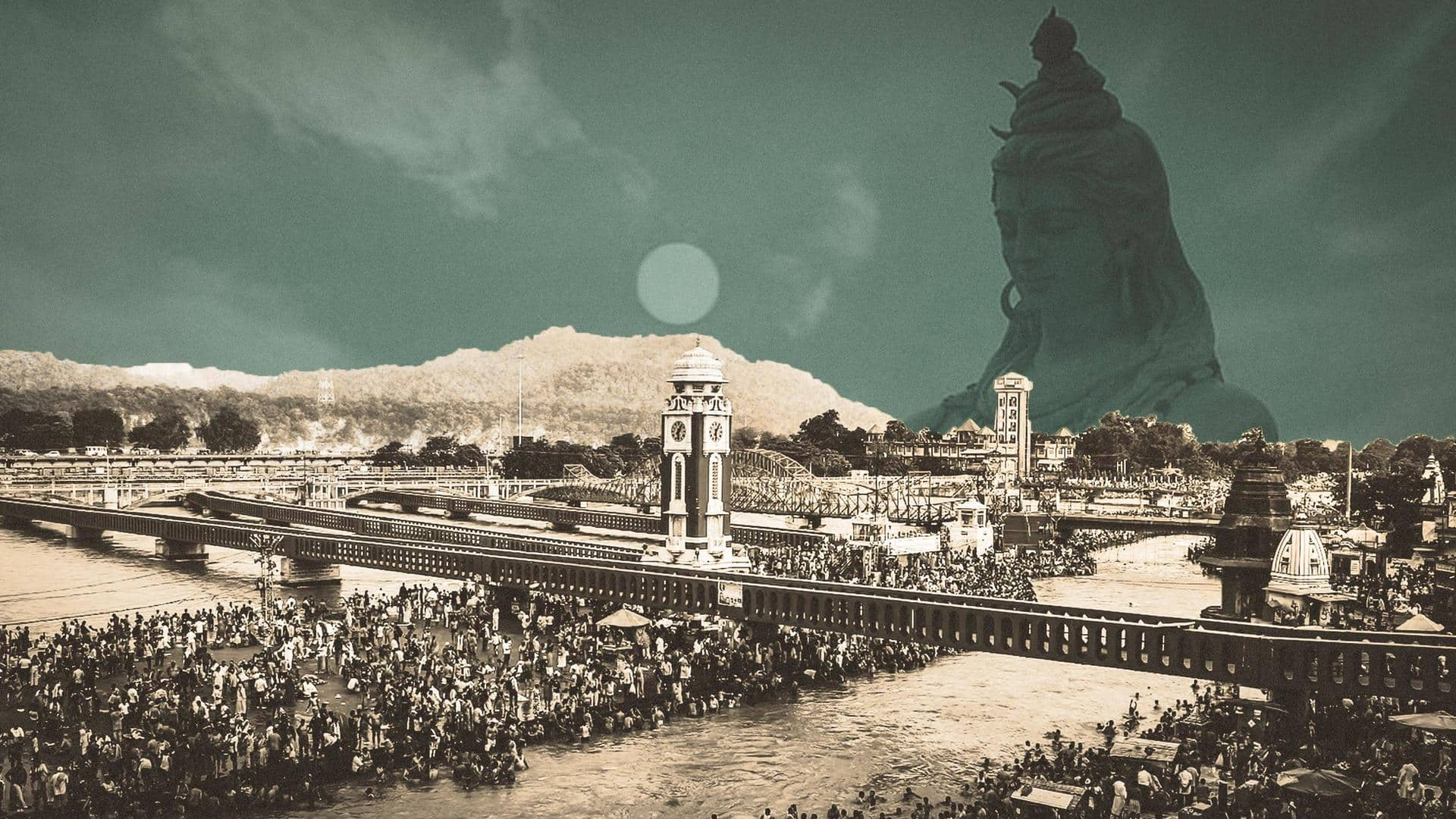
Shravan month: Date, history, significance and rituals
What's the story
Shravan month is a sacred period in the Hindu calendar that offers devotees an opportunity to deepen their spiritual connection with Lord Shiva. As devotees observe fasts, visit temples, and engage in acts of piety and community service, the essence of Shravan fosters spiritual growth, cultural unity, and a deeper understanding of one's faith. This year, it starts from July 4th to August 31st.
History
History and significance of this holy month
Lord Shiva is said to have saved the universe by devouring all the poison that the ocean released during the Samudra Manthan (ocean churning). Devotees pray to Lord Shiva for prosperity and health throughout the Shravan month. Fasting throughout this month is thought to satisfy both Lord Shiva and Goddess Parvati, who grant their adherents a tranquil and wealthy existence.
Fasting
Several devotees fast during this time
Fasting during Shravan is a common practice among devotees. It is believed to purify the body and mind, strengthen self-discipline, and enhance devotion. Many people observe "Somvar Vrat" (fasting on Mondays) throughout the month, as Mondays are particularly sacred to Lord Shiva. Fasting may involve abstaining from certain foods or having a simple diet, and it is undertaken with sincerity and reverence.
Rituals
Other rituals during 'Shravan'
Devotees visit Shiva temples during Shravan, offering special prayers, abhisheka (ritual bathing of the deity), and performing Rudrabhishek (ritual offering of sacred substances to Lord Shiva). Bilva leaves, water, milk, honey, curd, and holy ash (vibhuti) are commonly used in these rituals. Many devotees also observe the "Kanwar Yatra," a pilgrimage where they carry water from holy rivers to offer at Shiva temples.
Kanwar Yatra
The Kanwar Yatra: Devotees travel to Haridwar to collect 'Gangajal'
The Kanwar Yatra begins at the beginning of the month of Sawan. Many kanwariyas from Uttar Pradesh, Delhi, Punjab, Haryana, and Himachal Pradesh travel to Haridwar for this annual pilgrimage to gather Gangajal. The idea that holy Ganga water shouldn't be maintained on the ground or any other surface till it is offered to Lord Shiva is what makes this yatra so difficult.
Social significance
It fosters a sense of community and harmony
Apart from its religious and spiritual significance, Shravan month holds cultural importance and fosters a sense of community among Hindus. Families and friends come together for prayers, satsang (spiritual gatherings), and cultural events. The month promotes unity, charity, and compassion as devotees engage in acts of service, donate to the needy, and participate in community activities.